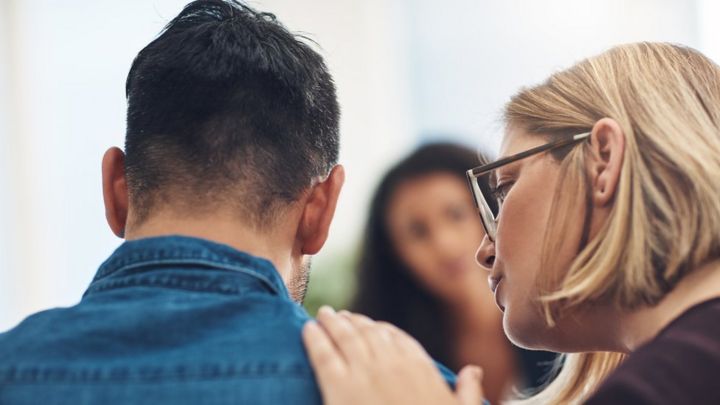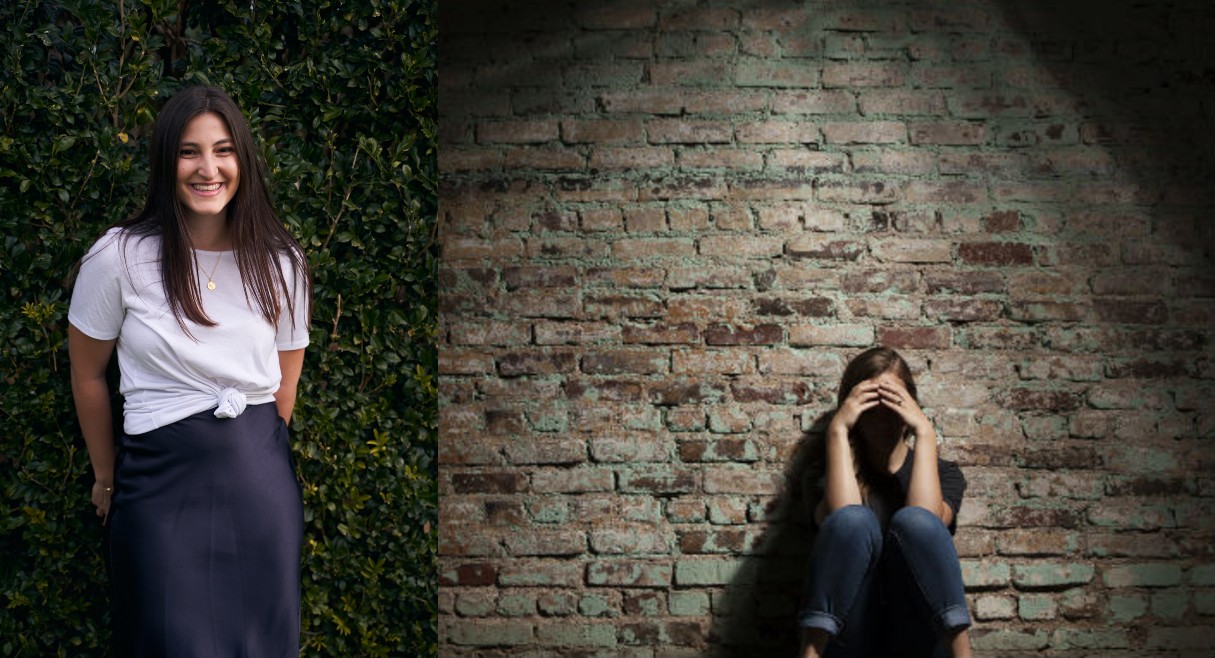On R U Okay Day, don’t just ask people if they’re okay, show them you’re there if they aren’t.
The discussion around mental health was significantly heightened during COVID-19 after people were forced to isolate in their homes with almost no social interaction. While now being raised into conversation, this topic has largely been avoided by the Greek community, with a certain stigma surrounding mental health illness.
Mental Health First Aid Instructor and Headspace Community Engagement Coordinator Stella Ladikos says that a large portion of this issue is due to a lack of education and dialogue, which the Greek community desperately needs.
“I’m sure it’s an experience that everyone has been through, where you approach your Greek parents or grandparents and they say, ‘back in my day things were harder’ or ‘back in my day we didn’t have this’,” Stella says to The Greek Herald.
“This kind of thing is exactly what deters young people from reaching out.”
An expert in mental health and active member of the Greek community, Stella has seen the stigma surrounding the issue, with grandparents attributing it to the ‘mati’ or a type of curse.

“Some of our grandparents still don’t even acknowledge the existence of mental health or acknowledge mental illness,” Stella adds.
Growing up in a time of poverty, famine and migration, the elderly generation have faced severe and significantly different issues, unlikened to those experienced by youth today. However, due to a significant age gap, it can become difficult for the older generation to understand some of the struggle’s youth face in today’s society.
The best way to bring about change, as Stella explains, is intergenerational dialogue.
“I’m a massive advocate for education and training,” Stella explains.
“It takes a bit of education to realise that mental health is similar to the issues of our physical health.”
“Just because you can’t see a mental illness, unlike a physical illness, doesn’t mean it’s not real.”
Everyone has a mental health
According to the Australian Bureau of Statistics, suicide continues to be the biggest killer of young Australians. Approximately one in ten young people aged 12-17 years old will self-harm, one in 13 will seriously consider a suicide attempt, and one in 40 will attempt suicide.
It’s these kinds of statistics that have brought mental health into the media limelight in the past five years, with the Australian government putting more action towards mental health awareness.
However, Stella explains that much of the stigma surrounding mental health has been due to miscommunication by the media, particularly in relation to crimes committed.
“We know that 96 percent of crimes are committed by people that do not have a mental illness,” Stella says.
“In fact, people that are experiencing a mental illness are more likely to be victims of crime rather than perpetrators.”

“The media portrays it very differently, and that’s what contributes to the stigma of people who have mental illness as being dangerous or crazy, which is really not the case.”
To understand the difference of people who suffer from mental health illness and people who have a mental health issue, the question must be asked. What exactly is ‘mental health’?
“Everybody has a mental health, yet only a small percentage of the population have a mental health problem, concern or illness,” Stella explains.
“Our mental health exists on a spectrum. When you go down the mental health spectrum it’s really those signs where your regular coping strategies aren’t working, and it’s that ‘medium’ place where we encourage people to seek help before it gets worse.
“Some people will experience mental health illness; A diagnosed problem like anxiety, depression and bipolar.

“So mental health does encompass a lot more than mental illness.”
Mental health first aid is the support given to someone who is either developing a mental health problem, experiencing a worsening of an existing mental health problem, or who is in a mental health crisis.
Stella recently began offering youth mental health first aid courses to adults, focusing on adolescent development and the importance of giving early intervention for young people.
“Around 75% of mental health issues emerge before the age of 25,” Stella says.
“Our youth a very high risk population and we know if we don’t tackle the mental health issues and problems at that stage, it leads to worse outcomes in their adult life.”
Meraki Mental Health Training offers a range of courses to people looking to be trained as mental health first aid advisors.
Editor’s note:
I have beared witness to friends, many of them Greek, suffer alone from mental health. Youth have turned to self-harming and attempted suicide because they felt they couldn’t talk to anyone.
It’s time to end the stigma.
BeyondBlue 1300 22 4636; Lifeline 13 11 14; Kids Helpline 1800 55 1800

